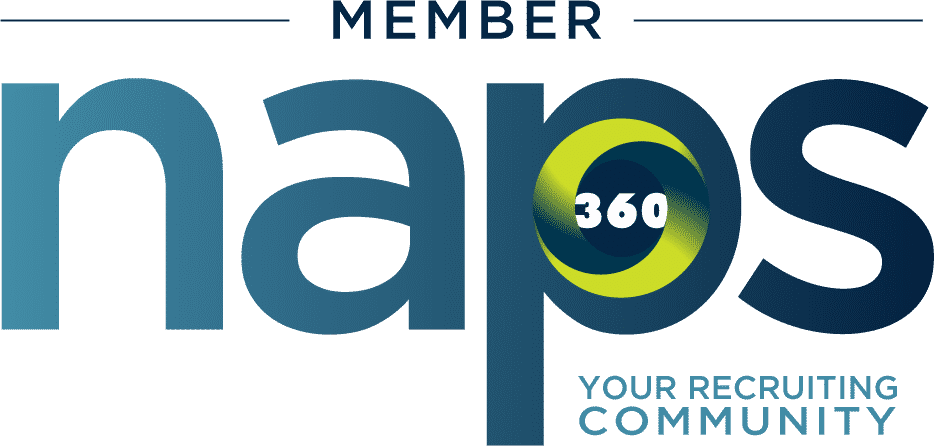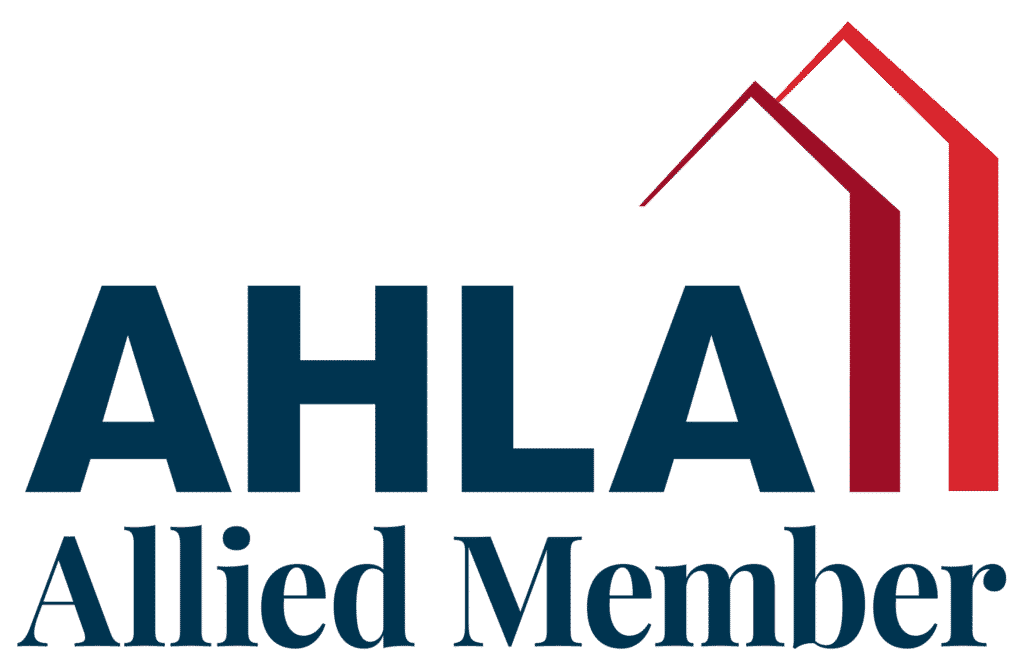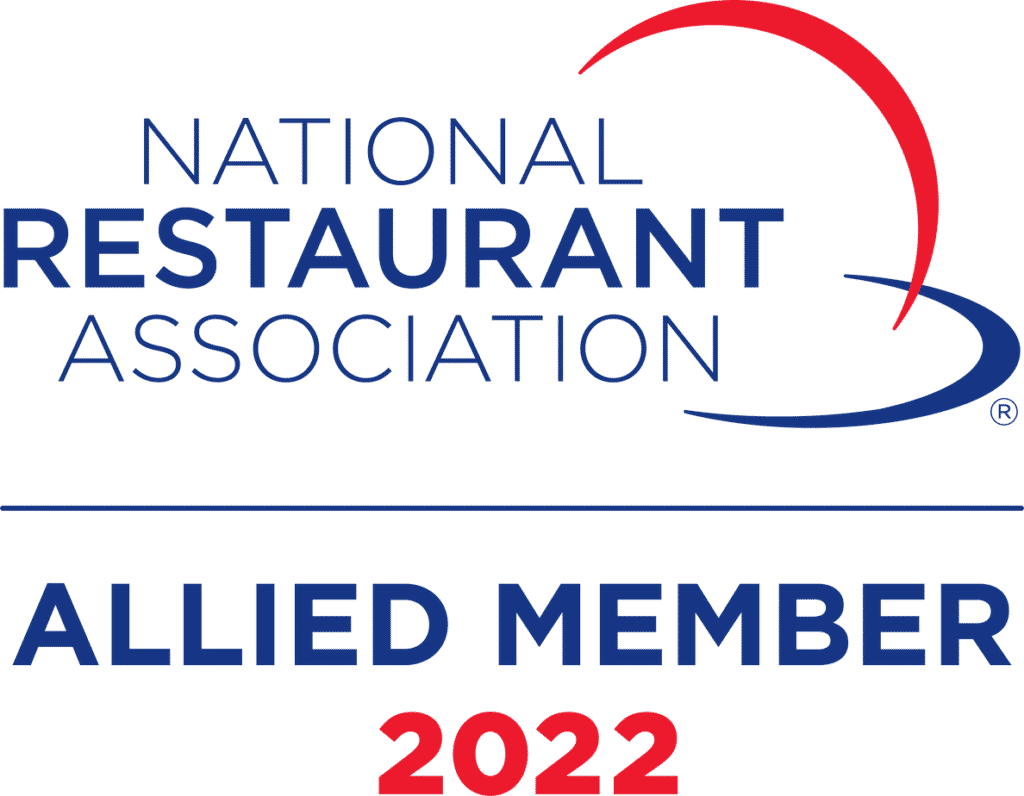The Different Types of Job Interviews: A Comprehensive Guide
Introduction
As you progress in your career and move up in management positions, you’ll notice that the job interview process becomes more varied. Each level of management requires different skills and qualities, and the interview process reflects that. In this article, we will explore the different types of job interviews you may encounter as you climb the corporate ladder.
-
Traditional Job Interview
This type of interview is commonly associated with entry-level positions, where the focus is on your communication skills, attitude, education, and priorities. The questions revolve around understanding you as a person and your goals for the future.
At the management level, the traditional job interview still exists, but the questions become more specific. The interviewer wants to know if you have knowledge of industry-specific lingo, if you can provide detailed information and specifics, and whether you emphasize opinions and thoughts or software, systems, and methods. They may also ask whether you prefer working according to process and procedure or prefer a more improvisational approach.
-
Behavioral Job Interview
The purpose of a behavioral interview is to understand your past experiences and how you have handled various situations. The questions focus on the actions you took, the skills and tasks you utilized, and the results you achieved.
To differentiate between the two types of job interviews, ask yourself whether the interviewer wants to know “what” you did or “how” you did it. Behavioral interviews typically focus on the “what”, while traditional interviews delve into the “how”.
-
Screening Job Interview
Often, the initial contact you have with a company will be a screening interview conducted by a junior member of the human resources department. The purpose is to assess your suitability for a full job interview and evaluate your phone skills, diction, vernacular, and overall communication abilities.
Despite the vagueness of the questions, it’s crucial to be specific about your skills and abilities. These interviews are typically brief, and the interviewer may use a checklist of skills to determine your aptitude for the role. It’s important to keep a copy of your resume and notes by the phone to avoid guessing or becoming flustered by fast-paced questioning.
-
Panel Job Interview
In a panel interview, you will face a group of interviewers who aim to evaluate your ability to handle stress, think on your feet, and respond to questions from multiple perspectives. It’s important to address everyone equally, regardless of their rank or appearance, as their input may vary in importance.
Panel interviews help save time by allowing the hiring team to assess how candidates perform in a group setting or under pressure. Expect rapid-fire questions, cross-talk, follow-up questions, and potentially conflicting values and definitions of acceptable answers. Viewing the interview as a conversation rather than a traditional question-and-answer session can help to reduce stress.
Research each panel member beforehand to understand their roles within the company. Prepare specific questions for each individual to demonstrate your enthusiasm and knowledge about their areas of expertise.
-
Problem-Solving Job Interviews
Stress interviews and case interviews are designed to challenge your problem-solving abilities. The interviewer aims to put you on edge and assess how you handle difficult situations. It’s crucial to remain calm and work through the problems presented, even if the interviewer acts disinterested or dismissive.
-
Lunch Job Interview
Lunch interviews are commonly conducted during the later stages of the hiring process for management positions. Although the focus is on evaluating your fit within the organization, it’s important to avoid common dining etiquette mistakes. Here are some tips:
– Avoid ordering messy or expensive dishes.
– Drink responsibly and avoid excess alcohol consumption.
– Choose easy-to-eat items that won’t require excessive finger use or create noisy chewing sounds.
– Be prepared to answer questions, even with your mouth full.
– Demonstrate good table manners, understanding of etiquette, and considerate behavior, such as cutting off your boss as you move around the restaurant.
-
Competency-Based Job Interview
Competency-based interviews involve open-ended questions that require concise answers. Unlike behavioral interviews where you focus on the “how,” competency-based interviews emphasize the results. Mentioning methodologies, systems, software, management styles, labor laws, and industry standards can help showcase your expertise.
Remember to carefully listen to each question and tailor your response to highlight the impact you made in similar situations. Focus on how things would have been different if you were not present, emphasizing your unique value and contributions.
Conclusion
As you progress in your career, the job interview process will evolve to reflect the demands and expectations of management roles. By familiarizing yourself with the different types of interviews and preparing accordingly, you can better showcase your skills, experience, and potential to excel in higher-level positions. Good luck!





